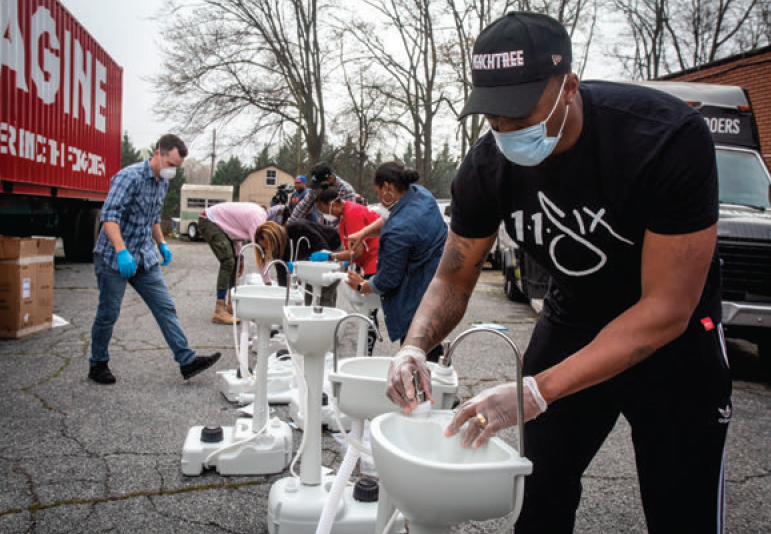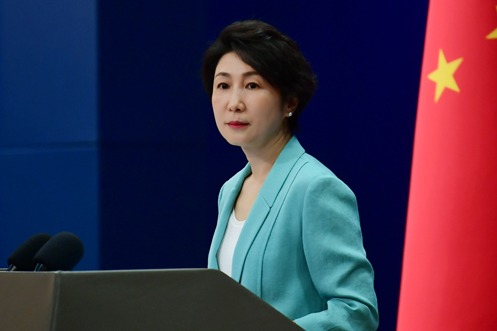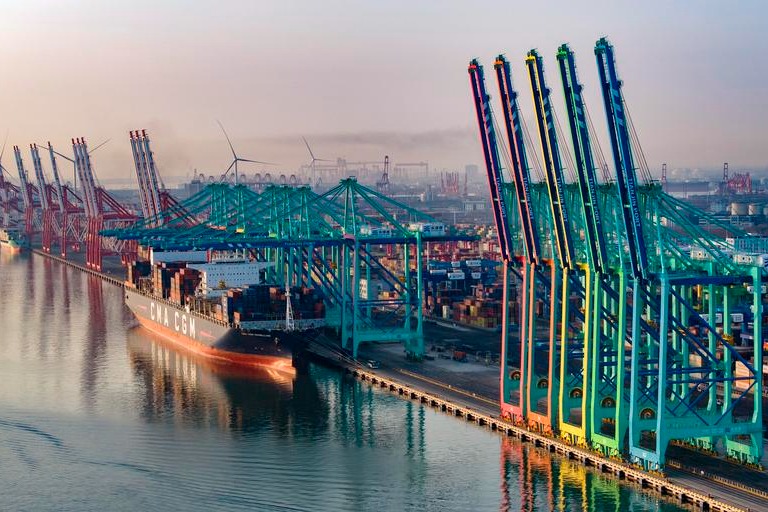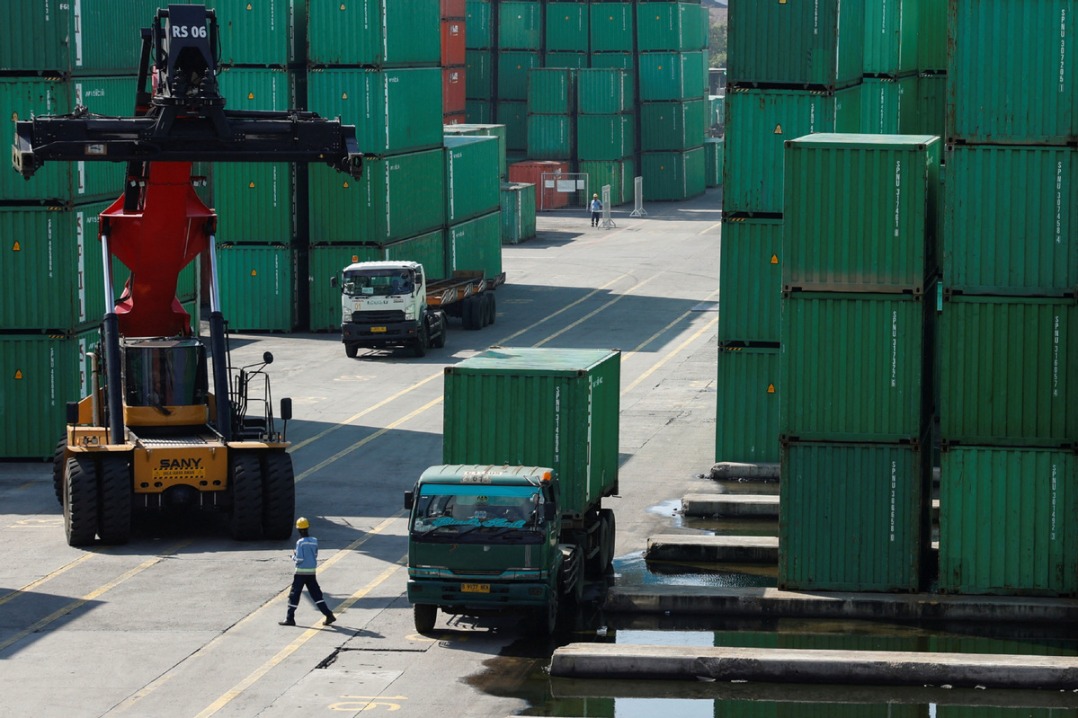US expands virus testing but still lags


Almost three weeks since the first community transmission case in the United States, testing of Americans for the coronavirus that has sickened more than 11,000 people and killed more than 150 is still in short supply.
The shortage of tests and faulty tests put together by the Centers for Disease Control and Prevention (CDC) have left doctors and patients frustrated and frightened. While photos of long lines of cars waiting for coronavirus testing and horrific stories of having no access to test flood social media, health experts are worried that the lag in identifying cases is preventing an accurate scope of the outbreak.
"Testing for the virus helps in mitigating virus spread by identifying infected individuals. This allows to understand the location and prevalence of community spread, which can help in devising strategies to mitigate further virus spread," Louis Mansky, director for the Institute of Molecular Virology at the University of Minnesota, told China Daily.
Vice-President Mike Pence pledged that as of Monday 2,000 commercial labs would begin to perform coronavirus tests using high-speed machines and 1.9 million tests should be available by the end of the week.
High speed machines, like the Roche 6800 or the Hologic PantherFusion, can offer sample-to-answer workflows that enable test results to come out three hours after a specimen is loaded on the instrument, said Alex Greninger, the assistant director of the virology division at the University of Washington Medical Center.
"Testing is an important part of viral control. It allows us to identify infected patients and isolate them to prevent onward transmission of the virus. It allows us to protect our healthcare workers and first responders as well," said Greninger.
He said that with the deployment of the high-speed instruments, which can test about 1,000 specimens a day, testing capacity will be increased dramatically. But Mansky said the goal set by Pence may be "overly ambitious".
"Without knowing how many total labs (commercial, CDC, state department of health) that are positioned to run the tests and the number of real-time PCR (polymerase chain reaction) instruments available (any given lab may have several of these instruments), it is hard to determine if the goal of 1.9 million tests being done by the end of the week is achievable," he said in an email.
"But given the slow trajectory up until this point, it seems a bit overly ambitious to achieve this goal," he said.
According to the latest estimate by the by American Enterprise Institute's COVID-19 Testing Capacity program, the total US testing capacity was 36,810 tests a day on Monday, compared with 7,840 tests per day on March 2.
The COVID Tracking Project, which follows the cumulative number of people tested in the US by tallying individual state reporting, shows a total of 76,495 people have tested for COVID-19, the disease caused by the novel coronavirus, with more than 7,700 positive cases as of Wednesday.
In response to extensive complaints about the testing rollout, the Food and Drug Administration (FDA) announced on Feb 29 that it was relaxing the restrictions on the use of diagnostic tests developed by US laboratories. Before that, doctors had to rely on public health laboratories or the CDC to run test, which usually took several days before learning the results.
Public health labs aren't intended for large scale diagnostic testing, as their job is for surveillance and other public health work, said Scott Becker, CEO of the Association of Public Health Laboratories. According to the CDC, 89 public health laboratories are performing testing for COVID-19 as of Monday.
Health experts are also concerned that the increased testing capacity doesn't necessarily mean easier access to testing. When the virus was first detected in the US, the CDC had narrow criteria for who could get a test for coronavirus, including severely ill hospitalized patients, symptomatic elders with underlying conditions, or close contacts of confirmed COVID-19 patient.
Even though President Donald Trump said "anyone who wants a test can get a test" during a recent visit to the CDC, Alex Azar, secretary of the Health and Human Services Department, later clarified that a coronavirus test needs approval and prescription from a doctor or public-health official.
"CDC has done a very good job in general, but I think the one area that it has done a very poor job in is the ability to have an adequate number of people tested," John Swartzberg, clinical professor emeritus at UC Berkeley's School of Public Health, told China Daily.
"This is a real black eye for the CDC not to have an adequate number of tests in a timely fashion available for our society," he said.































